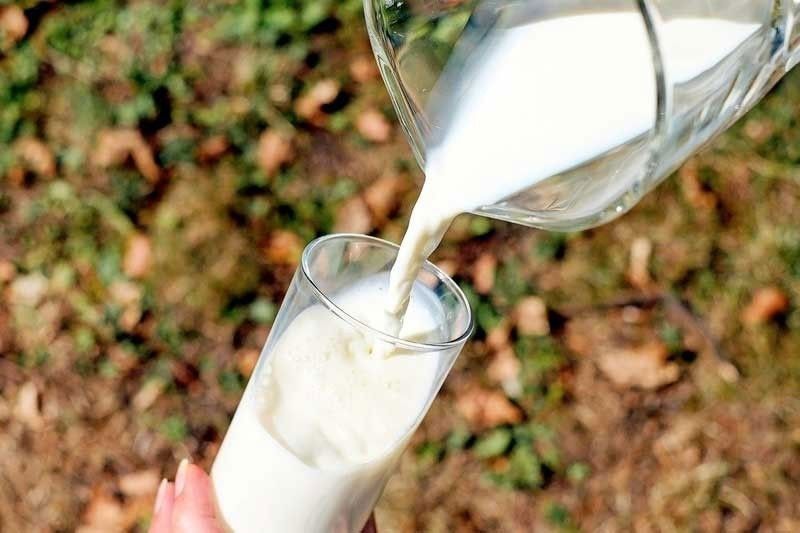US OKs restructured Philippine dairy program

MANILA, Philippines — The United States Department of Agriculture (USDA) has approved the restructured program to be implemented by the National Dairy Author(NDA) to accelerate the development of the country’s dairy industry.
The program, which will focus on providing access to dairy goats, infrastructure technology and other inputs to increase milk production, will be funded by the USDA.
In a letter to Agriculture Secretary William Dar, USDA agricultural counselor Morgan Haas said they have examined the newly restructured program and agreed to include cattle and carabao to boost the country’s milk output.
The Department of Agriculture will utilize the P1.56 billion under the US Public Law 480, a fund granted by the American government. The fund, which has been with the National Treasury, remains intact due to lack of concrete programs of the government.
Beneficiaries of the US PL 480 program are developing countries which are experiencing difficulty in providing the food needs of their citizens.
The program will also involve more farmers to complement the government’s efforts to address poverty, hunger and malnutrition.
Of the P1.5 billion fund, NDA will get P987 million, while the Philippine Carabao Center will have P512 million.
The remaining P67 million will be used by the Philippine Council for Agriculture and Fisheries for its monitoring and evaluation activities consistent with the approved US PL 480 fund utilization guidelines.
The restructuring is part of Dar’s efforts to improve milk sufficiency through increased dairy animal production and enhanced animal genetics.
Over a period of four years, the project seeks to produce 27.7 million liters of milk and increase dairy cattle inventory by 7,323 heads and dairy goat inventory by 9,611 heads through importation and expanded animal breeding programs.
The project also aims to increase dairy carabao inventory by 922 heads through importation and local procurement of purebred and crossbred buffalos, and increase average family income of dairy farmers by 20 percent annually through the development of carabao-based enterprises.
Last year, the country’s dairy sector produced 23,690 metric tons of milk, up 5.4 percent.
Despite this, the Philippines still hiked its imports of dairy products by 21 percent last year amid increasing consumption coupled with favorable global prices.
The country imported some 3.5 million MT liquid milk equivalent. Skim milk powder and whole milk powder imports comprised about 57 percent of total dairy imports.
This year, liquid milk imports are seen to increase due to rising consumption and increased use in food service, particularly in coffee shops.
The average Philippine milk production per animal at eight liters per day remains low mainly because of poor feed and management practices, compounded by high production costs and lack of adequate dairy infrastructure.
Dairy products are currently the country’s third largest agricultural import after wheat and soybean meal. Major suppliers are New Zealand at 39 percent, US 21 percent and Australia seven percent.
- Latest
- Trending































